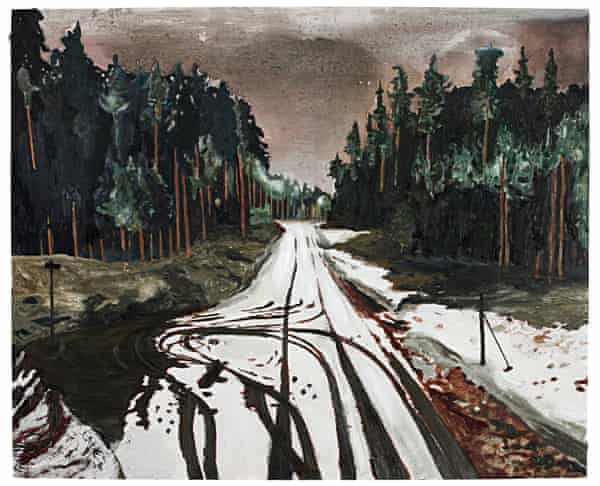“Alcohol may be man’s worst enemy, but the Bible says love your enemy.”
—Frank Sinatra
Wine is sunlight held together by water.
~Galileo
Dragons drinking at Villa Matra 🍸
( Wasted away again in Margaritaville and Matriniville)
Gaining a Michelin star, or three, isn’t simply a mark of excellence, it means your restaurant status goes automatically from a great choice to a must. We had the great pleasure to speak to Chris Watson, ex-Michelin Guide inspector, about the complexity of this rating system, the weight of allocating stars, what it takes to get the highly-coveted three star rating at the oldest European hotel and restaurant reference guide. Hailing from Scotland where, as a child, he was regaled with some of the world’s best meats and produce, Chris spent his Michelin tenure covering the UK and Europe regions.
Confessions of a Michelin Inspector
Rather than invite police to seize the records it had on Pietrobon, including his work computer and phone, the department sacked Mr Wood for misconduct within a week of him contacting police.
Judge blasts NSW bureaucrats for sacking worker who aided murder probe
Food myths busted: dairy, salt and steak may be good for you after all.
Over the past 70 years the public health establishment in Anglophone countries has issued a number of diet rules, their common thread being that the natural ingredients populations all around the world have eaten for millennia – meat, dairy, eggs and more – and certain components of these foods, notably saturated fat, are dangerous for human health.
The consequences of these diet ordinances are all around us: 60% of Britons are now overweight or obese, and the country’s metabolic health has never been worse.
Government-led lack of trust in the healthfulness of whole foods in their natural forms encouraged us to buy foods that have been physically and chemically modified, such as salt-reduced cheese and skimmed milk, supposedly to make them healthier for us.
No wonder that more than 50% of the food we eat in the UK is now ultra-processed.
The grave effects of this relatively recent departure from time-honoured eating habits comes as no surprise to those of us who never swallowed government “healthy eating” advice in the first place, largely on evolutionary grounds.
Is mother nature a psychopath? Why would she design foods to shorten the lifespan of the human race?
And time is vindicating. This bankrupt postwar nutrition paradigm is being knocked for six, time and again, by up-to-date, high quality research evidence that reasserts how healthy traditional ingredients and eating habits are.
The game underwent numerous updates over the years. The early emphasis on money to determine the winner had been “indicative of what sold in that era,” George Burtch, the former vice president of marketing for Hasbro, which acquired Milton Bradley in 1984, said in a phone interview.
As times changed, so did the game, with players encountering midlife crises and being rewarded for good deeds, like recycling the trash and helping homeless people.
“Reuben was very receptive to the changes — in fact he was often the impetus for them — because he was a businessman,” Mr. Burtch said.
“He understood that the Game of Life was not just the game that he invented; it was a brand,” he added. “And for a brand to remain viable, it has to evolve. It has to reflect the market conditions of the time.”
But as Jill Lepore wrote in The New Yorker in 2007, the redesign teams always had a hard time addressing the fundamental criticism of the game — that the only way to reward a player for virtuous acts was with money: “Save an Endangered Species: Collect $200,000. Solution to Pollution: $250,000. Open Health-Food Chain: $100,000.”
And so the company’s 2007 overhaul, the Game of Life: Twists & Turns, was almost existential. Instead of putting players on a fixed path, it provided multiple ways to start out in life — but nowhere to finish. “This is actually the game’s selling point; it has no goal,” Ms. Lepore wrote. “Life is … aimless.”
That is from an excellent NYT obituary of Reuben Klamer, who invented the game of Life, in addition to numerous other achievements.
